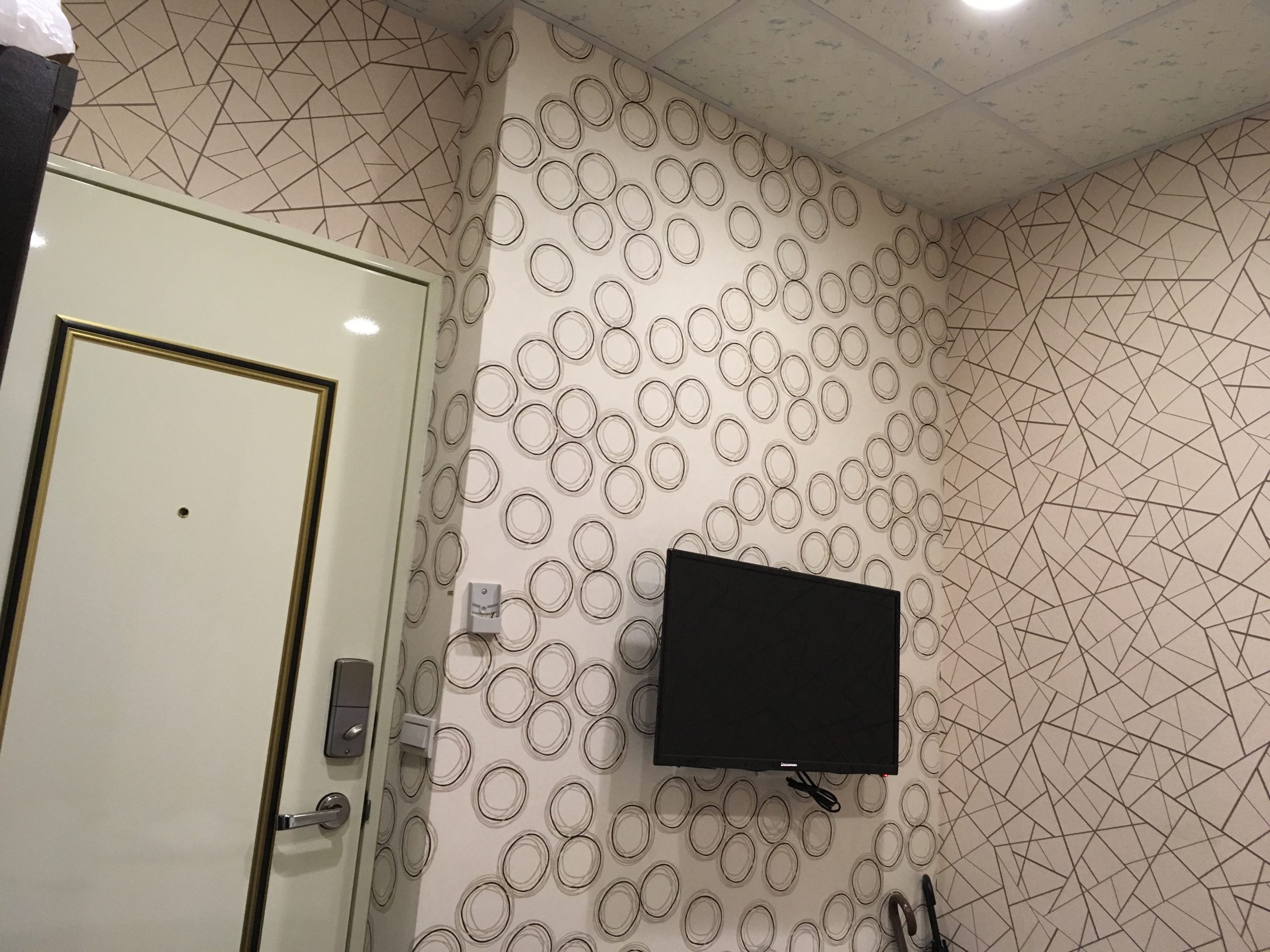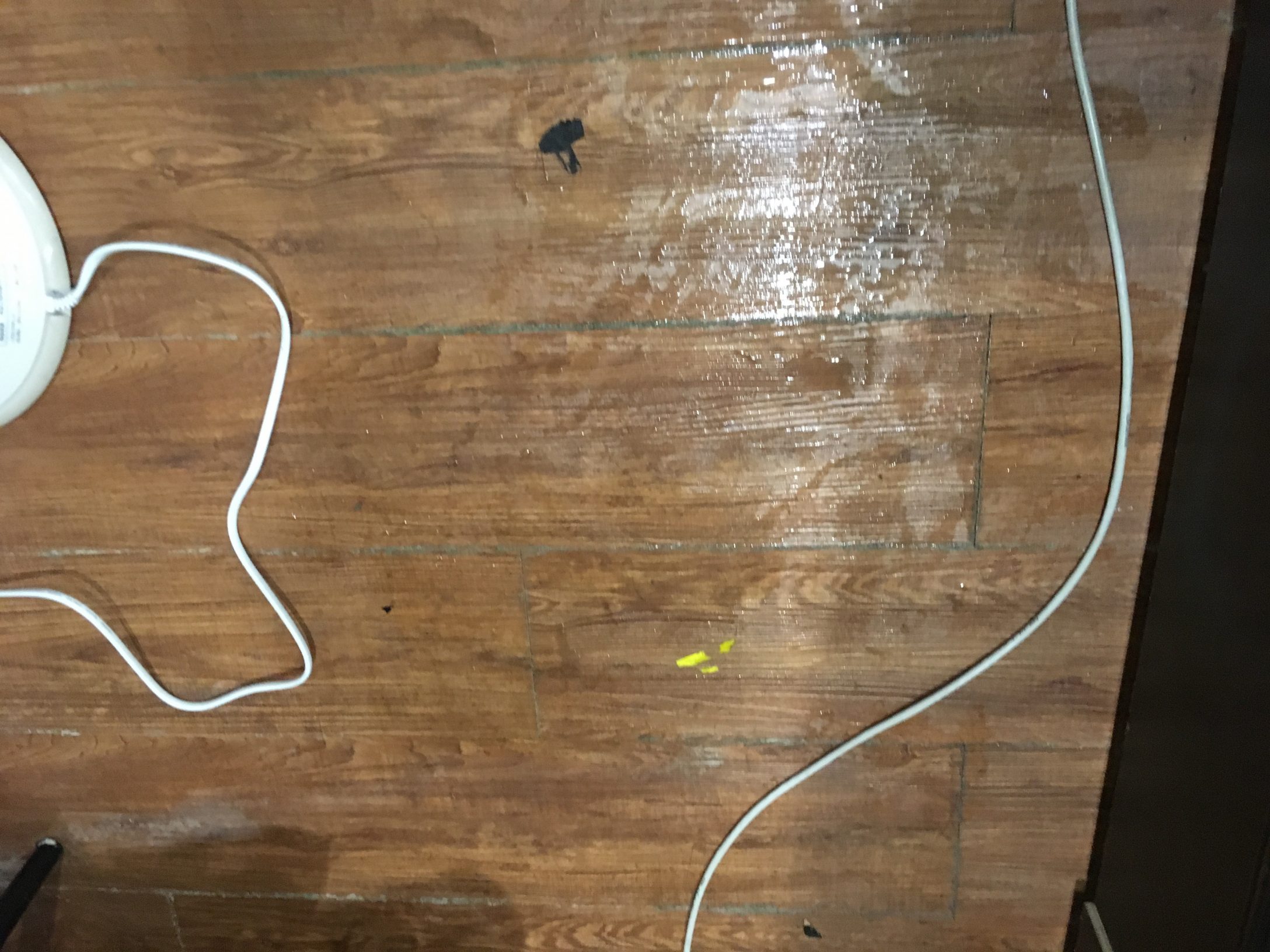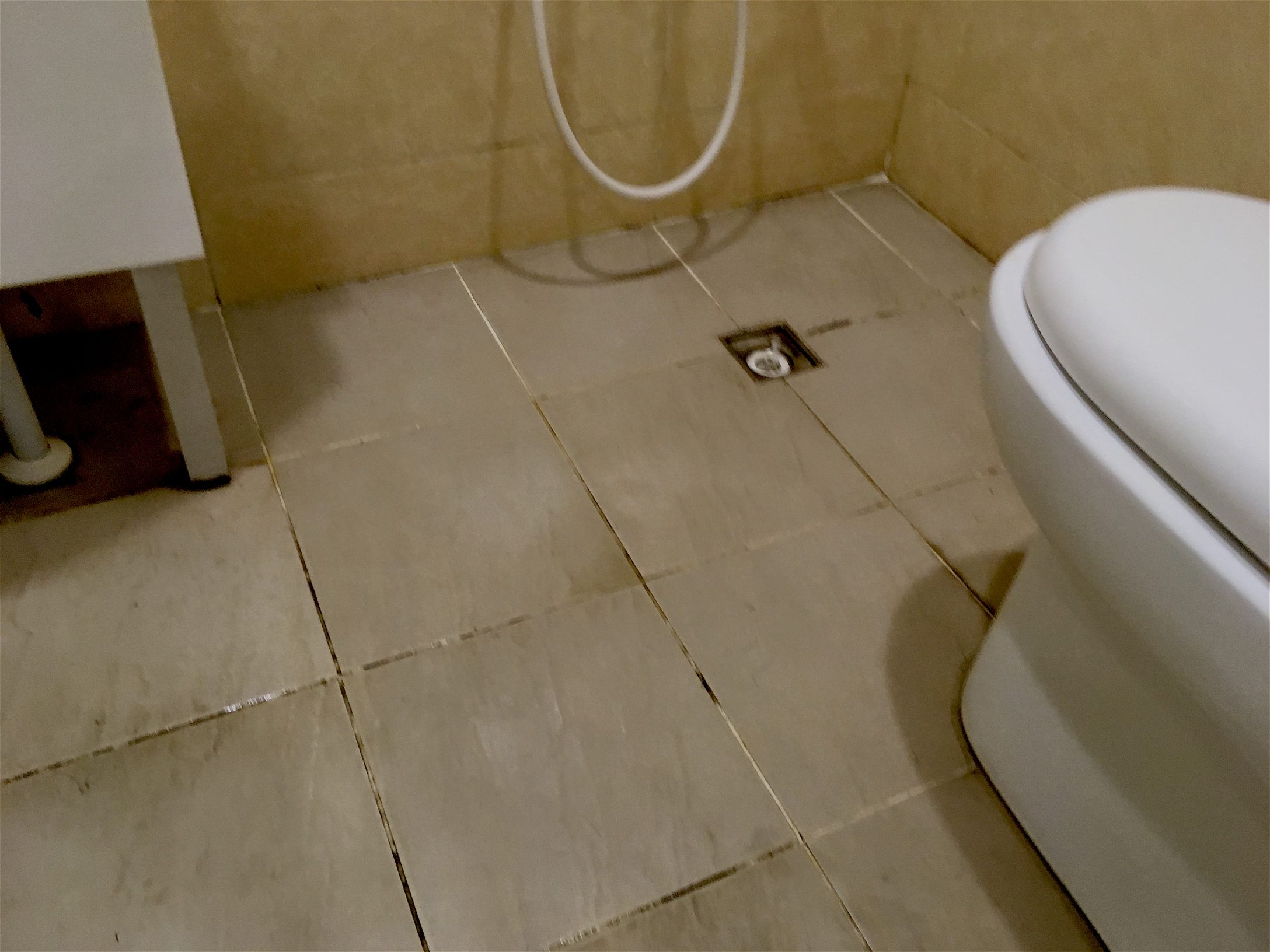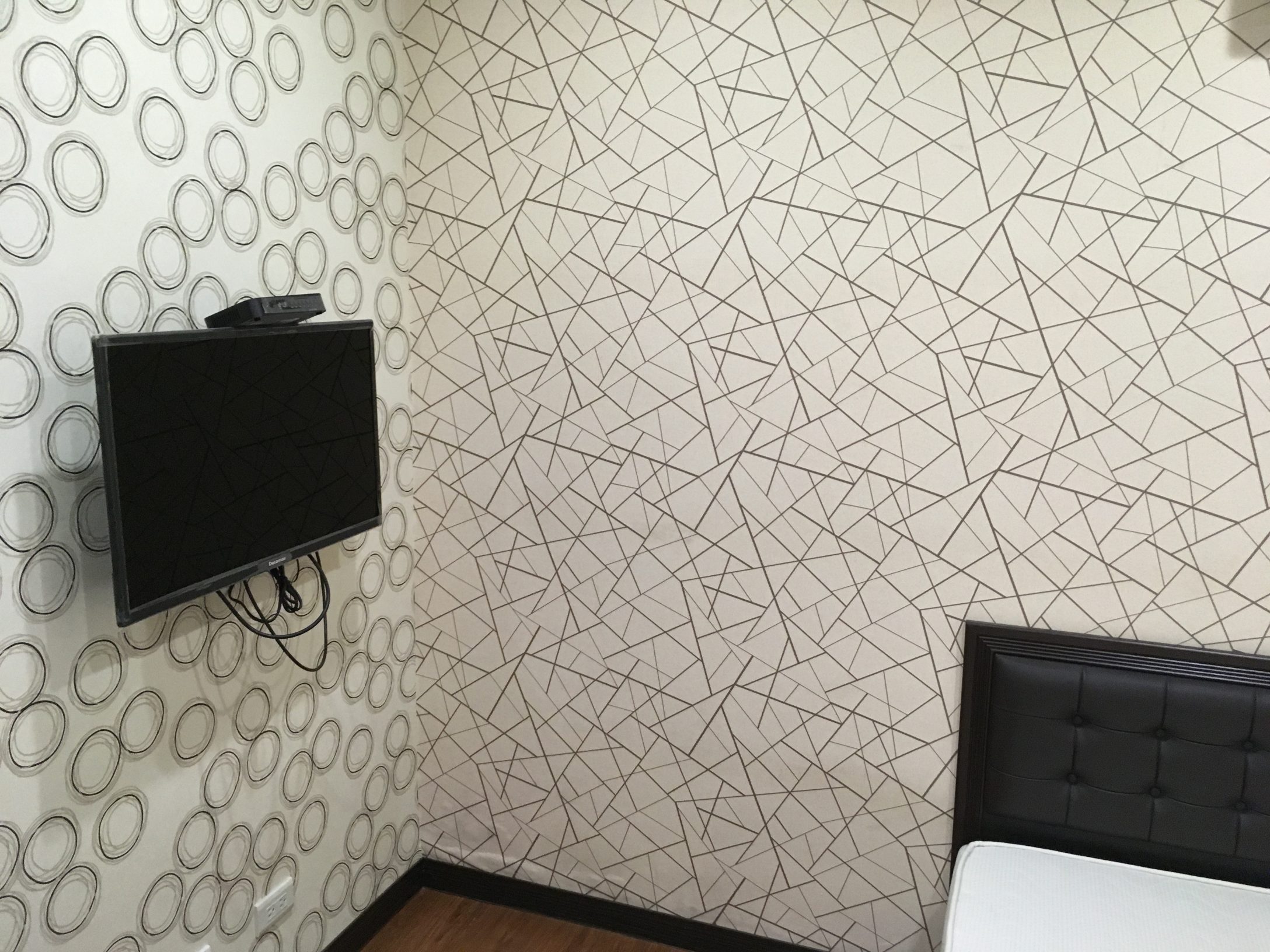When I sat in my old apartment, a single windowless room that was little more than a small box, it often felt like the outside world had ceased to exist. Or that it might have never existed. That reality outside my apartment had been only a figment of my imagination, something I had dreamed up to escape the fact that there was no other reality, apart from this. I would have to go outside periodically just to confirm that the outside world still existed.
I spent eight months living in that box. I could never tell whether it was day or night unless I checked the clock. As a result, I woke up almost every morning with this sort of terror that I had slept into the night—say, waking up at 10 p.m. instead of 10 a.m. I came eventually to feel completely unstuck from the progression of time as it controls most people’s day-to-day routines.
My perception of time became more and more fragmented. Because I had no window to see the outside world, I could not experience time continuously, as I would if I could see things like the setting of the sun or the day gradually darkening. I’d find that, while it had been bright and sunny what seemed like just a few hours ago, suddenly it would be deep night. The only consistent measure of time seemed to be that I would hear the sound of retching every day around 8 or 9 a.m. from upstairs.
It rains almost daily in Taipei. I could never tell whether I should bring an umbrella from inside my box. I would ask a friend what the weather was like through the Internet, my only link to the outside world.
 Photo: Brian Hioe
Photo: Brian HioeI rarely saw my neighbors in the apartment complex, which seemed to consist entirely of windowless boxes like mine. They all seemed to be suit-wearing salarymen. They always gave me disapproving looks, since I was clearly not one of them. I felt at the time that living in a windowless box was somehow completing their identities as salarymen.
Periodically, when someone was using the apartment complex’s shared washing machine, the drain would begin to rumble, the plug would burst out of the drain, and soap or perhaps laundry detergent would start to foam out of the drain. There isn’t usually any indoor heating in Taiwan, and it would be terribly cold during the winter. The hot water in the shower always ran out.
But what may have gotten to me most was that, of the four walls in my apartment, three were covered with matching wallpaper of angular shapes, while the fourth had a different wallpaper, one with circular shapes. Why?! I would stare at the wallpapers for hours and hours during bouts of insomnia and, as time went on, the patterns on the wallpaper would seem to change.
A street nearby contained nothing but pet shops full of small animals in cages. I would walk by and stare at them every day. At closing time, the employees would pack all the small dogs and cats into boxes to take them home. I would stare at the animals and wonder what it was like, to be a being that a greater power could put in a box at any time. But it felt like I myself had become a being put into a box when not in use.
My apartment reminded a bit of the room that the protagonist of the South Korean film Oldboy is trapped in for 15 years. During this time, I also thought a lot about Kobo Abe’s The Box Man, about a man living in a cardboard box, and the Japanese anime The Tatami Galaxy, about a college student who becomes trapped in a series of parallel universes consisting of different variants of his tiny apartment. A line from The Box Man goes: “The more you struggle […] the more the box is like another layer of outer skin that grows from the body, and the inner arrangement is made more and more complex.” My life in a nutshell.
I started to think of the whole of existence in terms of boxes—that humans were creatures who lived in boxes. I lived in a box in an apartment building, itself a collection of boxes, in a city, a large mass of boxes containing other boxes. To go somewhere, like my office, I would take a subway or bus, which was traveling in a moving box to get to from Box A (Home) to Box B (Office). Life was a life spent in boxes. I had been born in a box, that is to say, a hospital. When I was dead, they would put me in a box, too.
I eventually noticed small droplets of water seeping out of cracks between the floorboards. I thought it just my imagination at first, that I was losing it. But then the problems got worse and worse and I realized I genuinely had flooding issues. A layer of water eventually accumulated on the small floor of my box, destroying several of my books. I had noticed months before that they always tore up the floorboards from the apartments of those who moved out. Mold, probably.
 Photo: Brian Hioe
Photo: Brian Hioe Photo: Brian Hioe
Photo: Brian HioeThe landlord, who kept all these tenants in windowless boxes, didn’t want let me out of my contract at first and offered to fix the apartment. When I set up a time and several repairmen came by to “fix” my leaky apartment, I asked one of them what they needed to do, and when he thought my apartment would be fixed.
“It’s complicated,” he said, adding that he would be working in the room next to mine. I shrugged and figured I could probe him in more detail when he came back. After fifteen minutes, I realized that I couldn’t hear the sound of work from next door anymore, and that they had actually all left. I suddenly felt very stupid.
Only then did I threaten to sue. They let me out soon after that.
It’s common for landlords to divide up apartments into smaller rooms, even when this means flagrant violations of the building code. For example, given that I had no window, if there had been a fire, I would have certainly been dead.
Yet people live in coffin-like apartments all over East Asia, it seems, whether in Hong Kong, South Korea, China, Japan, or Taiwan. Rising rents are forcing young people into boxes—where they spend their time when not working long hours for meager pay. That’s capitalism.
As for me, I’m just glad to be out of my windowless, slowly flooding box. I still live in a box, but a slightly bigger one—with a window! There are things that drive me crazy about my new apartment, e.g. how the previous inhabitant left up all these hooks up on the wall, which sometimes seem to be drifting through the walls rather than anchored in place, and which seem to change in number from time to time.
But my new place is a great deal better. The largest quality of life improvement I’ve made since moving in is buying a clock to remind me of the slow inexorable march of time and how much of the finite period before the heat or cold death of the universe I fritter away watching YouTube videos instead of working. At least I have a sense of the passage of time now.






